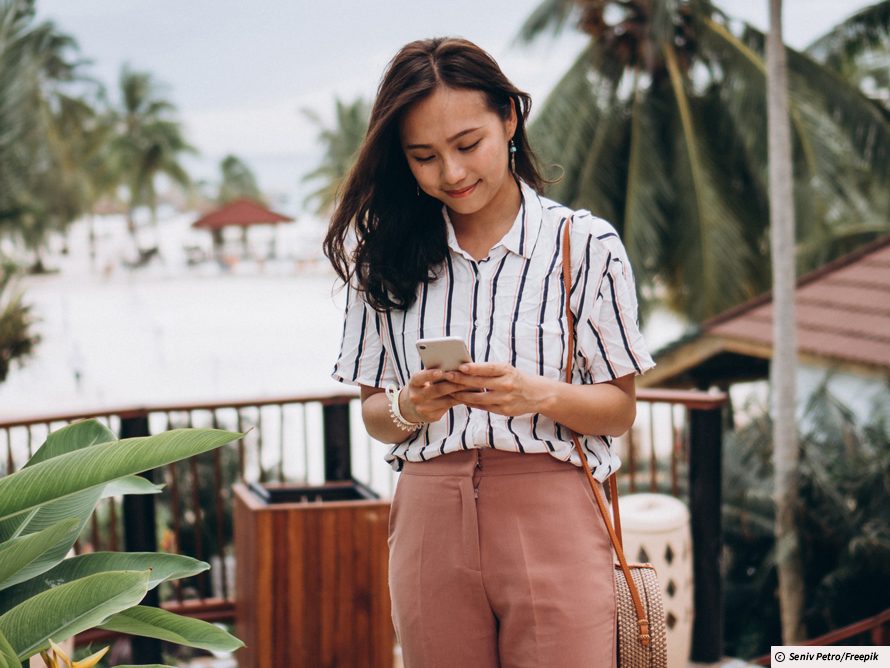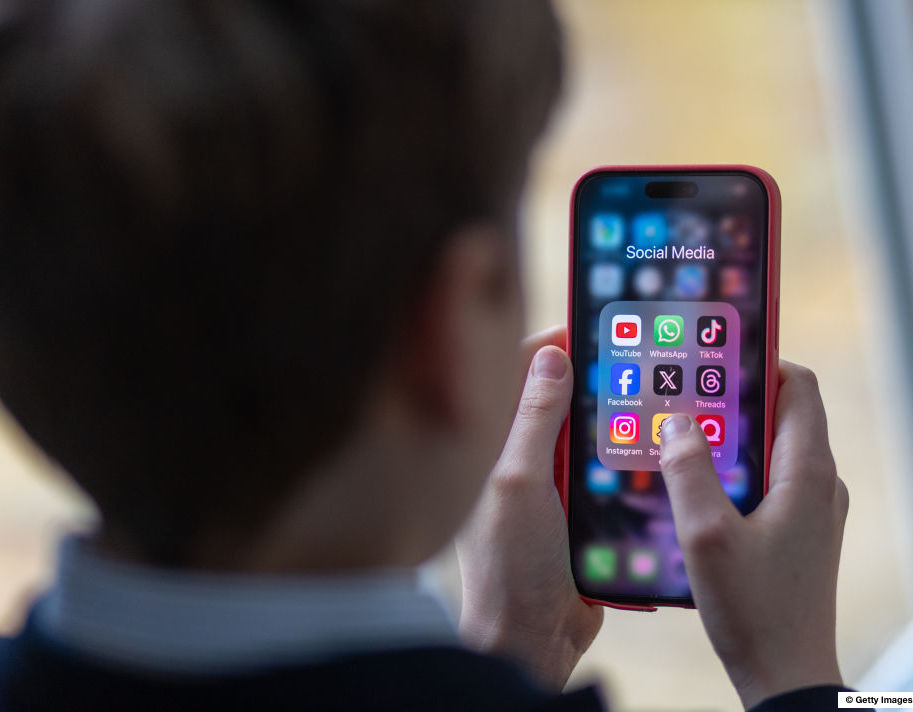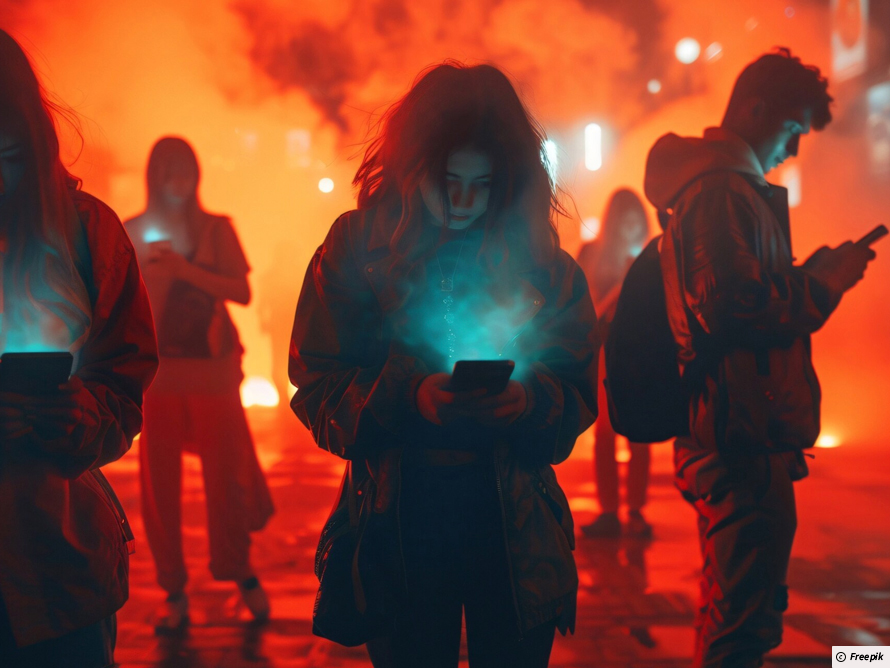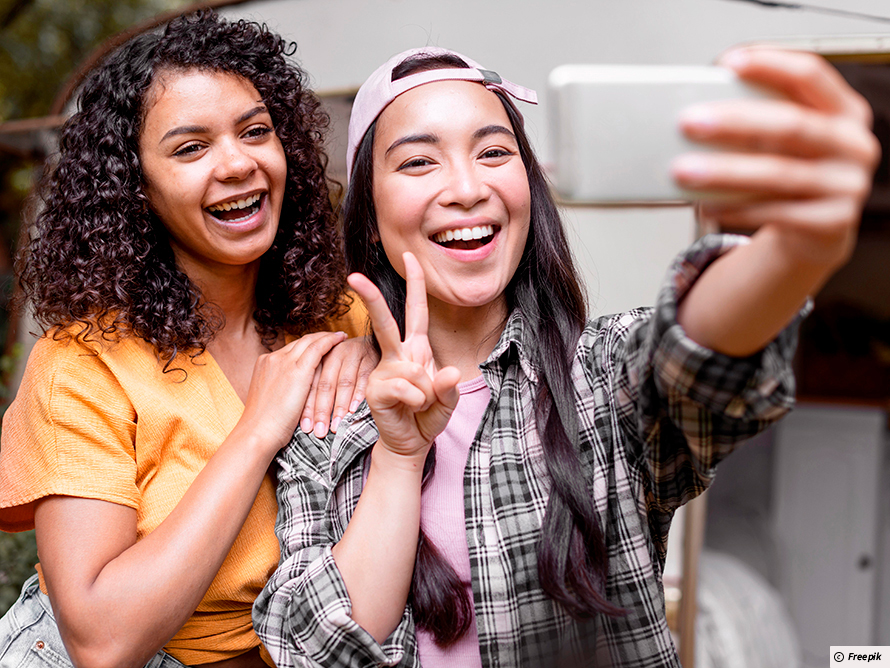Addiction to social media and an insatiable desire for “likes” is damaging our mental health and killing our individuality, says Caitlin Lamiroy, from Singapore.
Individuality is a characteristic that a lot of us take pride in, but what would happen to us if we were losing that quality? Through social media, we are able to interact with others and flaunt ourselves. Being relatable, In my opinion, is overrated, because being relatable implies seeking constant validation from your peers, losing yourself in the process. So, how does addiction to social media kill individuality in this generation?
Popular social platforms like Tiktok and Instagram are known to shove all kinds of media into our faces, depending on what the algorithm wants us to see. A classmate of mine once said that she does not enjoy scrolling on these social networks, as her feed pushes content that makes her self-conscious of her appearance. It could be that the videos and photos displaying a certain body/self image trigger the self-conscious behaviour in users across the platforms, but could there be another factor at play?
A study conducted by the Australian Psychological Society in 2024, notes that: “A generation of children is being lost to Facebook, Instagram and TikTok with the social media platforms’ ‘like’ button being blamed for fuelling a spike in mental health disorders…”.
The study explains that teenagers these days base their self-worth on “the numbers”: likes, shares, follows etc. And here the toxicity begins. Suddenly you are hungrier than before; you buy all the newest technology and attract a huge following, but are consistently updating the numbers on the “hot new”.
The like button suffocates us and pushes us to become people we are not. This generation of teens, by allowing addiction to social media to control us, is losing touch with our perception of self.
The like button is indirectly responsible for problematic internet use (PIU), a mental disorder that has surfaced, according to the Australian Psychological Society, with increasing rates of addiction to social networks and video gaming. Signs of PIU include; losing track of time while online, sacrificing sleep to stay online and obsessively checking messages.
PIU strips us of the opportunity to live. Living, according to Australian doctor Joos Meyer, in the book What living fully looks like, is “being in the moment, awake and alive and able to enjoy things now. Not worrying about the past or postponing happiness to a distant future.”
If living is being present, then it is clear that internet addiction restricts us from doing so, as it consumes us. In our enslavement to media consumption, we overlook major life events that would otherwise have contributed to the shaping of our identities.
While the use of the internet might, according to one study, be associated with higher academic performance, excessive usage displays negative effects on academic growth.
This could explain the growing rates of illiteracy seen in children in the US – “According to the NAEP, two thirds of American children are not proficient readers by the time they reach 4th grade”.
Social media addiction affects our sense of self, our lifestyle and our growth as individuals. We should stop letting algorithms control us and take a stand to find our own personal interests and have our own real life experiences.
Interested in submitting your own Student Voices article or video? Find out more here.
References:
Australian Psychological Society. “Australian Teens Trapped by Social Media Apps as the “Like” Button Triggers Mental Health Disorders | APS.” Psychology.org.au, 20 May 2024.
Gryffin. “Unraveling the Crisis of American Kids Struggling to Read.” Readability, 7 Nov. 2023. Accessed 24 Jan. 2025.
“Signs of Internet Addiction.” Northstar Transitions, 28 July 2024. Accessed 24 Jan. 2025.
“Webroot: Internet Addiction Disorder – What Can Parents Do for Their Child?” Webroot.com, 2020.
“Webroot: Internet Addiction: How Much Is Too Much Time Online?” Webroot.com, 2004.
.“What Living Fully Looks Like.” Abbott, 14 Feb. 2017.
